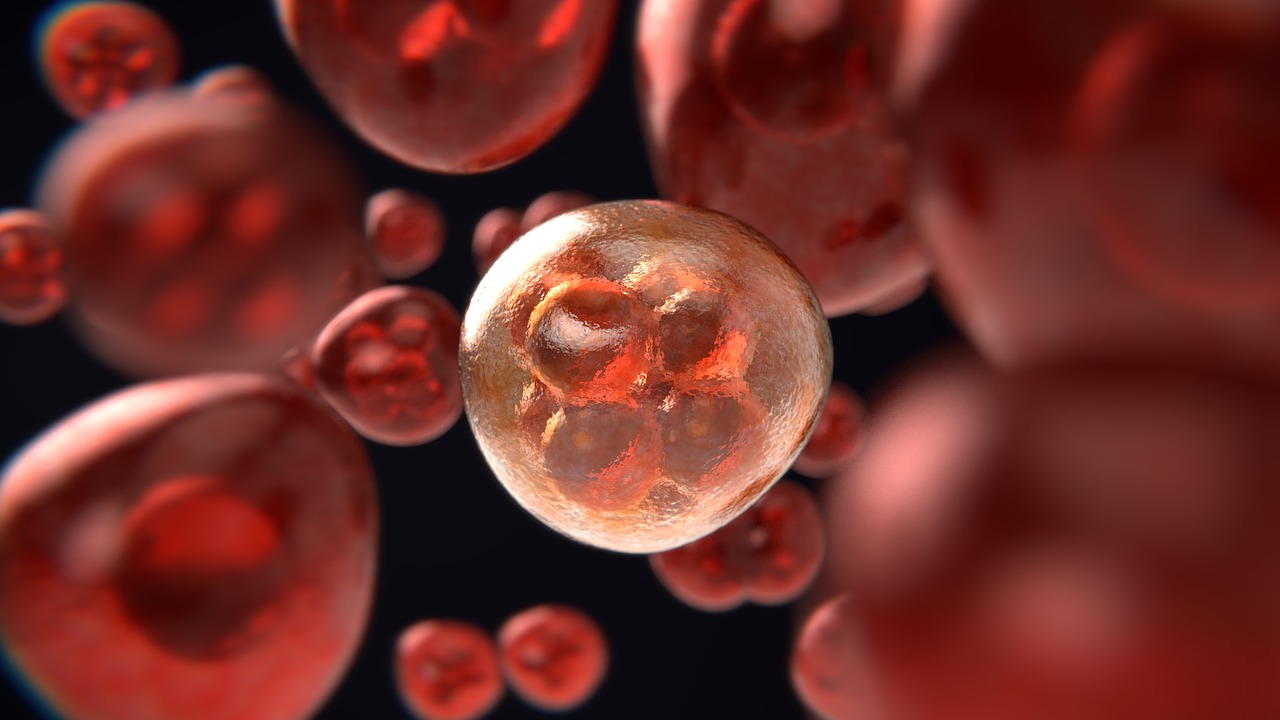Glioblastoma is a common type of brain cancer. It is extremely aggressive and 100% fatal. There is no known cure for the disease.
With such a poor prognosis, researchers were motivated to better understand the disease and the therapies that may treat it. They have found that glioblastoma tumor cells are sensitive to ferroptosis, a type of cell death that may be achieved by removing certain amino acids from the diet. Dominique Higgins, MD, Ph.D., an assistant professor in the Department of Neurosurgery at Columbia University explains more about what the study revealed.
The Study
“First, we found that when we take away certain amino acids in animal models the glioblastoma cells are more likely to die by ferroptosis. Secondly, we found that removing these amino acids makes our drugs a lot more effective at inducing ferroptosis in cancer cells,” Higgins explained.
Ferroptosis is a biological process that causes cells to “self-destruct” on command. Our bodies don’t kill cells unless it’s necessary, so biological mechanisms are integrated to control the process. This type of cell destruction was only recognized about a decade ago, so researchers are still trying to comprehend what’s involved.
“The recent discovery of ferroptosis adds to the excitement of it all. It is a rapidly growing body of research, and we are finding that it’s very important for a lot of biological processes, not just in cancers,” Higgins revealed.
More About Ferroptosis
Every cell has safety features that protect it from ferroptosis. The amino acids cysteine and methionine are particularly active in preventing the process from occurring. They are typically consumed through diet.
Higgins’ study involved depriving animal models of cysteine and methionine. Cells were more likely to die under these circumstances. The low-amino acids diet also made chemotherapy more effective so lower doses were needed to yield results.
Eliminating amino acids from the diet was shown to improve animal survival rates overall.
The Future
Now that Higgins has proven the diet to be effective in treating glioblastoma, he plans to develop a clinical human trial. Patients will be put on the diet before surgery so researchers can better understand how it affects the body and tumor. Once the tumor is removed from the brain, it will be examined to determine how it responded to the diet.
“Now we need to find a way to eliminate those components through dietary needs, while still maintaining energetic requirements that a patient may have, especially a cancer patient who has different requirements than an average patient,” Higgins explained.
The low-amino acid diet has also been found to be effective in treating lung cancer, pancreatic cancer, and sarcoma. Hopefully, future studies will establish how it can improve cancer outcomes and limit the need for chemotherapy and other unnatural treatments.






















































